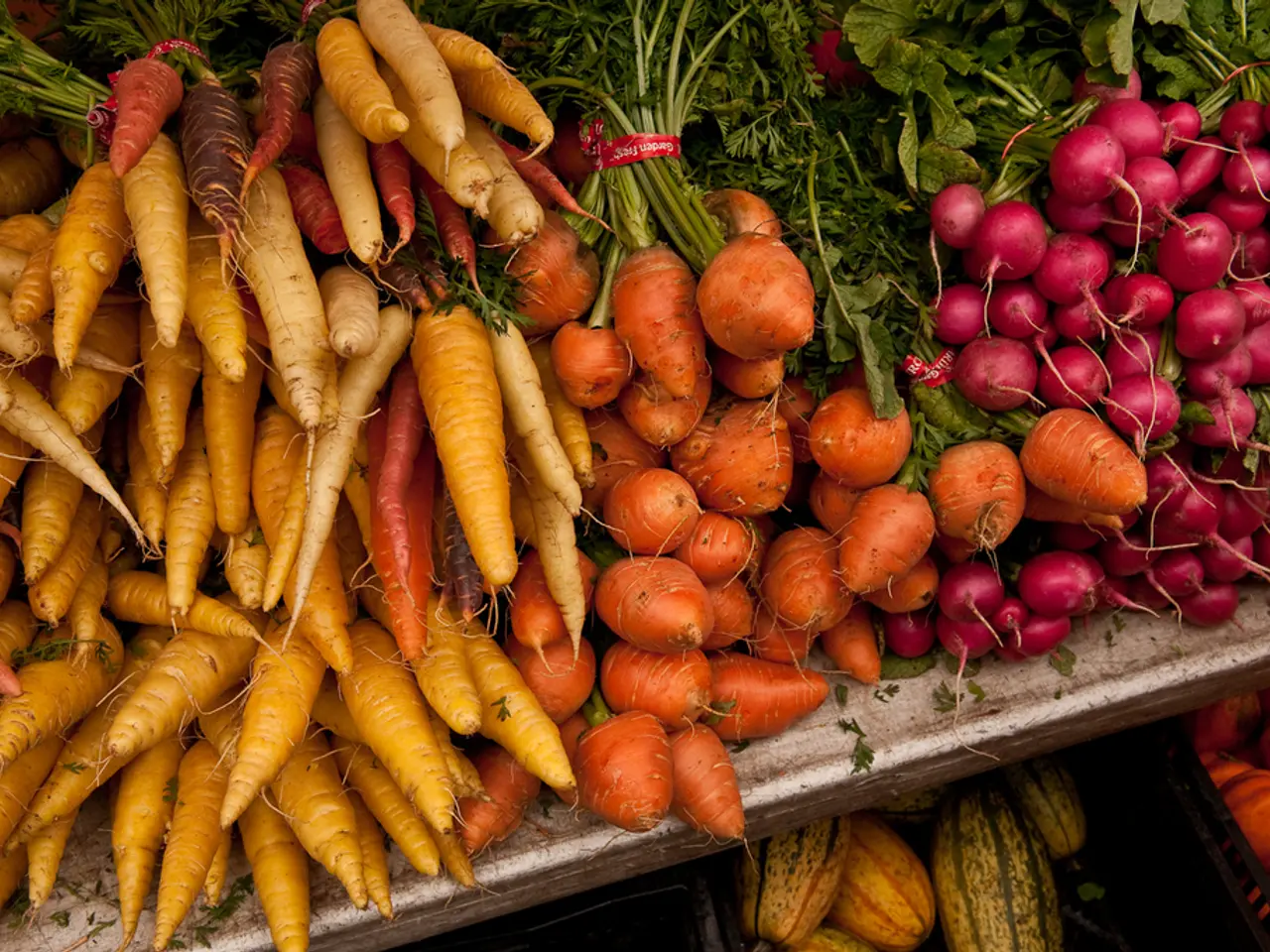Ideal Planting Timeframe for Turnip Greens in Alabama: Maximizing Growth through Appropriate Timing
Turnips, a nutrient-rich root vegetable, are a great addition to any garden and kitchen. In Alabama, where the climate is warm and humid, growing turnips requires careful planning and consideration of soil conditions and planting strategies. This guide provides essential information for cultivating turnips in Alabama.
Planting Window
Turnips grow best as a cool-season crop. The best times to plant turnips in Alabama are late summer through early fall for a fall harvest and late winter to early spring for a spring harvest. Specifically, plant turnip seeds in late August to early September for fall crops, or around late February to early March for spring crops, avoiding the hot summer months that inhibit germination and growth.
Soil Requirements
Turnips thrive in well-drained, loamy soils with a pH between 6.0 and 6.8. They prefer soils rich in organic matter and fertility but not overly high in nitrogen to avoid excessive leafy growth at the expense of root development. Soil testing is recommended to balance nutrient levels appropriately, ensuring phosphorus and potassium are adequate to support root growth. Adding compost improves soil structure and fertility, enhancing moisture retention and nutrient availability.
Climate Considerations
Alabama's warm, humid climate means turnips are best planted in cooler periods to avoid bolting (premature flowering) and poor root development. Turnips require a soil temperature of about 40°F to 85°F to germinate, with optimal root growth occurring in cooler temperatures around 50°F to 65°F. Adequate moisture through consistent watering is important, especially during germination and root bulking.
Summary of Best Practices
| Aspect | Recommendation | |-------------------|-------------------------------------------------| | Planting Window | Late August–Early September (Fall); Late Feb–Early March (Spring) | | Soil Type | Well-drained loamy soil, pH 6.0–6.8 | | Soil Prep | Incorporate compost or organic matter | | Fertilization | Balanced N-P-K—avoid excessive nitrogen | | Climate | Cool-season planting to avoid heat stress | | Watering | Keep soil consistently moist but not waterlogged |
These strategies collectively help maximize the yield and quality of turnips in Alabama's climate and soil conditions. Soil testing and adjusting amendments accordingly ensure the crop receives suitable nutrition, while planting timing avoids extreme heat stress that most limits turnip growth.
Harvesting and Storage
To check for turnip maturity, gently pull one from the ground. If it's the right size and texture, then the rest are usually ready too. The perfect time to harvest turnips is when they reach a diameter of about 2 to 3 inches and are firm with a smooth surface. Harvesting turnips late may result in them becoming tough and woody.
If a root cellar is not available, the refrigerator can be used for short-term storage, keeping turnips fresh for up to 2 weeks. For long-term storage, turnips should be stored in a cool, dark place, such as a root cellar with temperatures between 32°F and 38°F, for up to 3 or 4 months.
Cooking with Turnips
Turnips offer great versatility in cooking methods, such as boiling, roasting, mashing, and eating raw. Turnip greens can be sautéed with garlic or tossed raw into salads for an added boost of fiber and vitamins. Turnips are particularly rich in vitamin C, potassium, and dietary fiber, making them a nutritious addition to any meal.
Turnips are a nutrient powerhouse, offering a wide array of essential vitamins and minerals. Turnip greens are part of the cruciferous family, which is known for its nutrient density and potential cancer-fighting properties. Turnips make a great addition to weight management diets due to their low calorie count.
With these guidelines, you're now well-equipped to grow, harvest, and enjoy turnips in Alabama. Happy gardening!
- Incorporating turnips into your lifestyle is ideal when you begin growing them in your home-and-garden, especially in Alabama where cool-season planting windows and well-drained loamy soils cater to their growth.
- With ample planning, considering climate conditions, and proper soil preparation, gardening turnips can bring not only a delicious addition to your kitchen but also rich nutrients and the satisfaction of cultivating your own produce.




